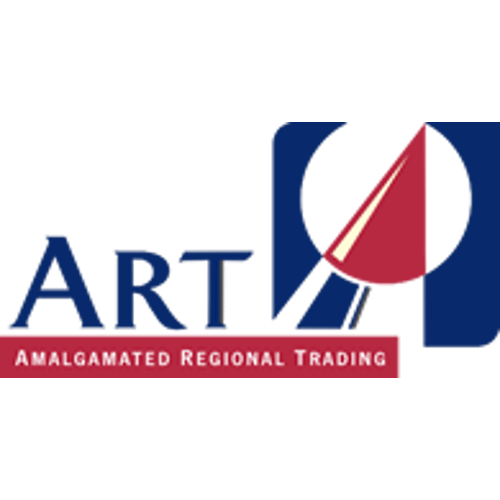ART taps into regional export opportunities
Amalgamated Regional Trading (ART) says it will continue to assess regional opportunities in a move expected to drive growth of its export earnings.
This also comes as the group is recapitalising its business segments for sustained profitability.
In a trading update for the third quarter to June 30, 2022, group secretary Abisai Chingwecha said ART would continue recapitalising its paper division while capacity upgrade at Chloride factory is expected to improve product availability.
“The group will continue to carefully assess regional opportunities given the prevailing policies and economic conditions as it seeks value accretive growth through its capital investments.
“The group will continue to focus on the recapitalisation of the paper segment in order to restore it to sustained profitability. Measures to improve cash generation have been instituted to mitigate the increasing cost of funding.
“The anchor business of the group remains resilient and the completion of the capacity upgrade at the Chloride factory will improve product availability,” he said.
Meanwhile, during the third quarter, ART’s overall volumes were held at the same level as the same period last year.
Although market demand in Zambia continued to improve in line with the positive economic developments, overall export volumes declined by 6 percent as orders could not be met due to raw material shortages and the erratic supply of power.
Resultantly, revenue for the quarter declined by 28 percent in inflation adjusted terms, but rose 137 percent in historical terms compared to the prior year.
The group bemoaned the challenging operating environment during the period which was characterised by inflationary pressures due to exchange rate volatility and foreign currency shortages which affected production and demand in the local market.
Additionally, the temporary suspension of lending and subsequent hiking of interest rates during the period adversely affected the group as the significant growth projects underway in the paper business necessitated increased borrowings.
“Market distortions continued to present pricing challenges. The auction market backlogs worsened, and raw material imports were sustained utilising foreign currency generated from trading,” said Mr Chingwecha.
During the period under review, volume growth momentum for batteries slowed as volumes increased by 2 percent during the quarter compared to the prior year.
The Exide Express distribution network was expanded to improve customer convenience.
Volumes for the paper division fell by 26 percent compared to the prior period with gains made in the first half being reversed due to raw material shortages, erratic power supply and major breakdowns at the mill.
Said Mr Chingwecha: “The export order book remained firm however, viability is threatened by the unfavourable export proceeds retention policies and requirement for exporters to pay for electricity in foreign currency given the prevailing market distortions.”
Eversharp volumes for the quarter increased by 29 percent as local demand remained firm with improved foreign currency generation enabling timeous importation of inputs and the trading of supporting stationery lines.
Timber volumes increased by 5 percent during the period compared to prior year with sawmill downtime affecting structural timber output.
Meanwhile, the installation of the new tissue mill and converting line in Kadoma remains on course for commissioning before year end.
The wastepaper collection network is being expanded in the region to improve raw material availability.
“The business continues to receive significant support from its funders,” added Mr Chingwecha.-herald.cl.zw










